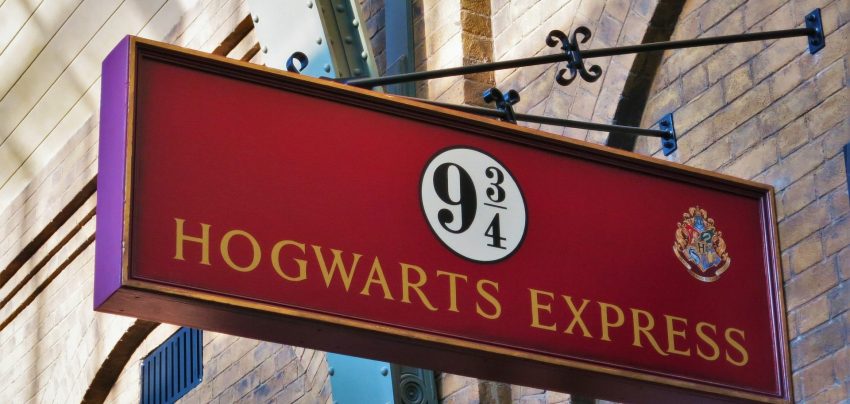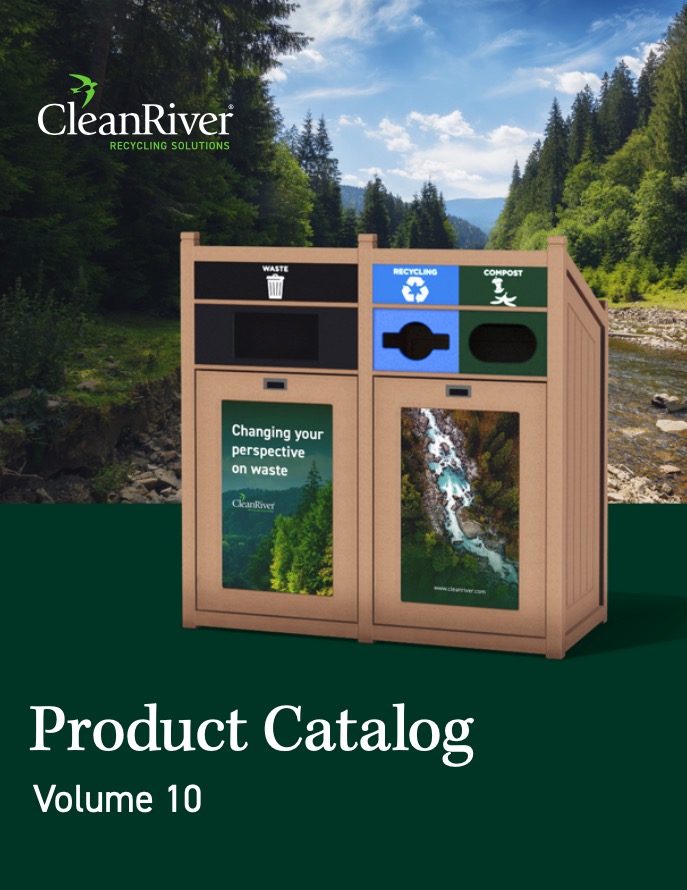Share
“Magic, by its ability to capture the imagination, can change the world” – Cyril the Sorcerer.
My presumptions about what makes for good recycling outreach were shattered in the wink of an eye on the day a magician restored a torn-up newspaper into a fully-recycled newspaper.
From this point on buttons, posters, marketing, and even social media seemed to pale in comparison to the potential of magic in capturing attention. Magic also seemed to be uniquely appropriate in delivering a message about how miraculous recycling can be.
On its most impressive level, magic can show in an instant what recycling achieves over the course of days and weeks. By transforming ripped up scraps of newspaper into a new newspaper, it demonstrates to audiences that they perform a sort of magic when they recycle. This is an empowerment message as opposed to a technological message or, worse yet, a commandment. People don’t like to be told what to do. Through environmental magic they receive a message about the power they have to change old into new and make the world a better place.
Recently I’ve had great success incorporating money magic to demonstrate the value of recycling. By showing a $5 bill to symbolize earnings from recyclables I appeal to liberal and conservative alike. Both sides of the political spectrum know the value of money. I drive the point further when I vanish the bill in a flash of fire and puff of smoke, demonstrating that the earnings are lost when we pay to send trash to an incinerator. Tying this together is the question “Do we want to earn money, or burn money?” The message is fundamental and strong on its own: recycling saves money. Lighting up money in a pyrotechnic display ensures that the message is emblazoned on their memory. Literally.
The power of magic in opening audiences to a new way of thinking is supported by studies. Lancaster University determined that young children who were shown segments of a Harry Potter film scored higher in creativity tests than did the other group of randomly chosen children who watched a non-magical film. Magic opened the ability to think outside the box.
Rokas, a Guinness-record holding magician from Lithuania, encountered this in his own experiments in London. When he noticed a pair of charity workers rarely received donations from the pedestrians they approached, he offered to help. He approached pedestrians first, performing a magic trick. Once he departed the charity workers approached and asked for donation. The success rate of their requests shot up from the single digits to over 50%.
Magic changed the mood and mindset of the pedestrians so substantially that they were open to a request for charity.
It’s this same change in attitude that we as environmental professionals must pursue as we seek to increase understanding and create sustainable behavior in our target audiences.

If you would like information on how to make your presentations more magical, with or without conjuring, please send an owl or contact me using the information below. I have a brief list of suggestions on stagecraft, science-based “tricks” for non-magicians, and even a link to a real-life school for wizards.
Check out this video where CJ May takes a little magic to the streets of Waterbury, David Blaine-style.
[video_wrap][/video_wrap]
-By CJ May
CJ May served as Yale University’s recycling coordinator for more than 20 years. He currently works as recycling coordinator for the City of Waterbury where he combines his work as an environmental magician and sustainability presenter to enchant 32,000 households with the magic of recycling.
www.cyrilthesorcerer.com www.betterworldmagic.com cyril.may@aya.yale.edu





